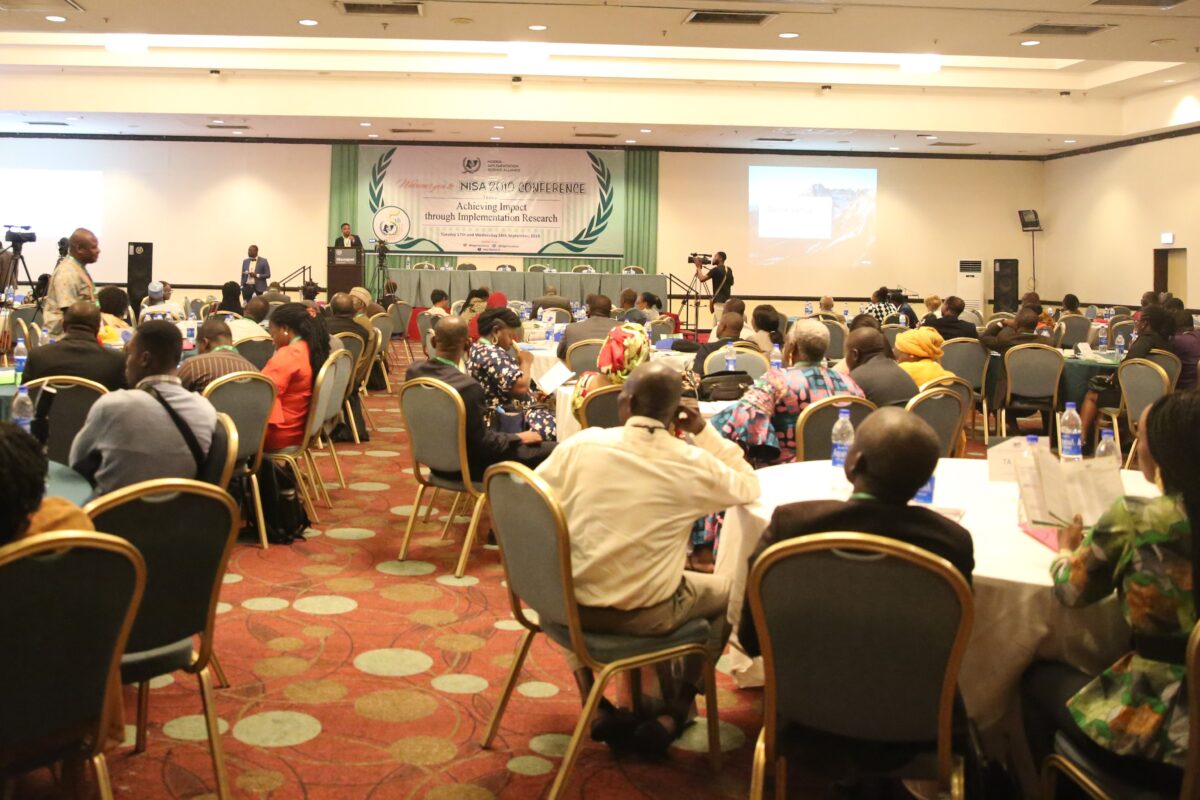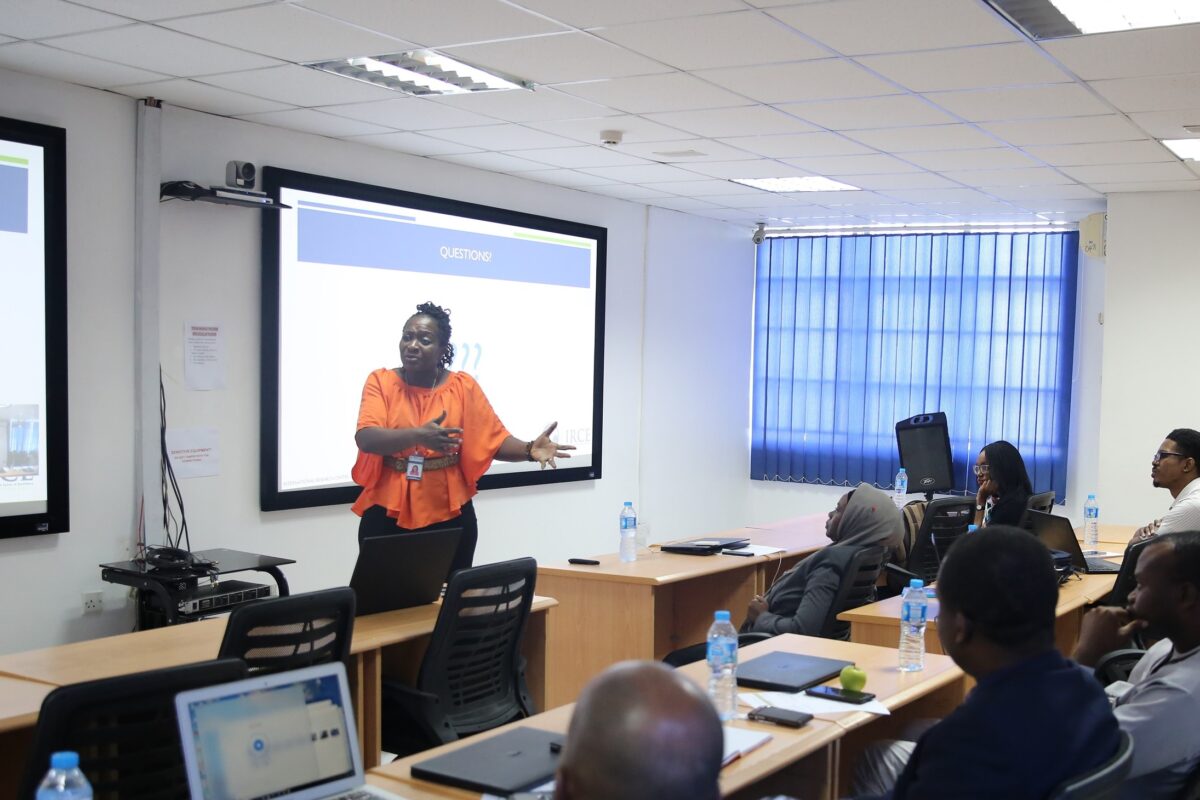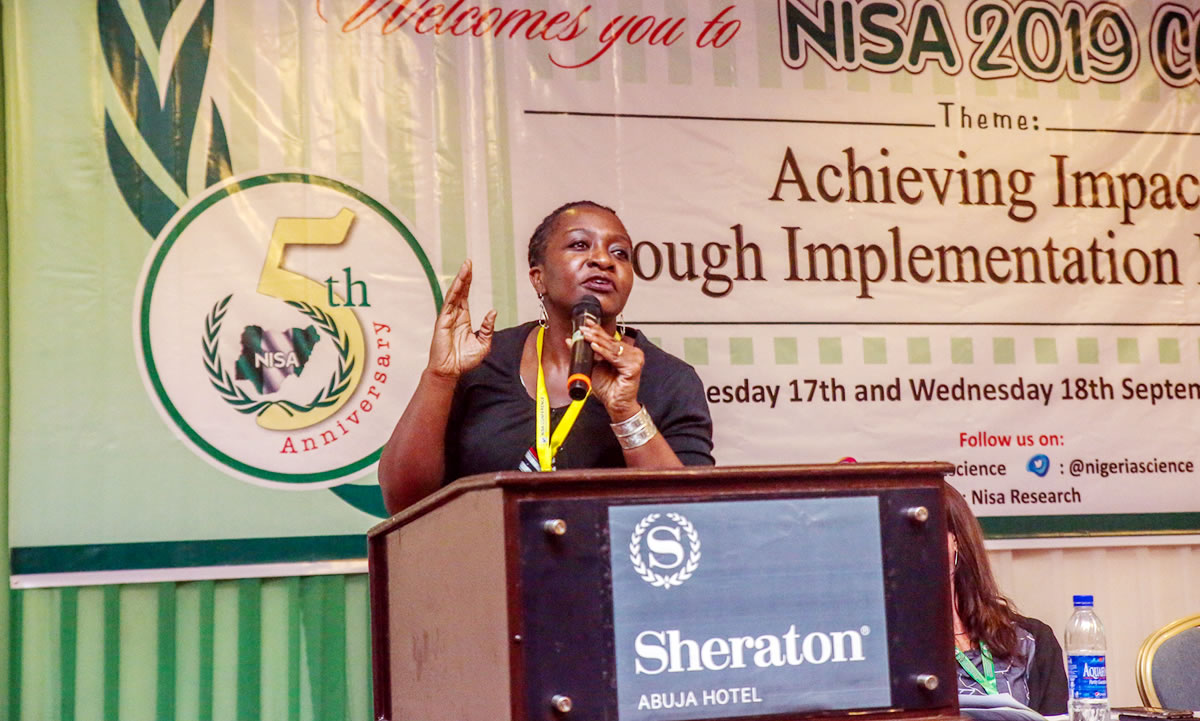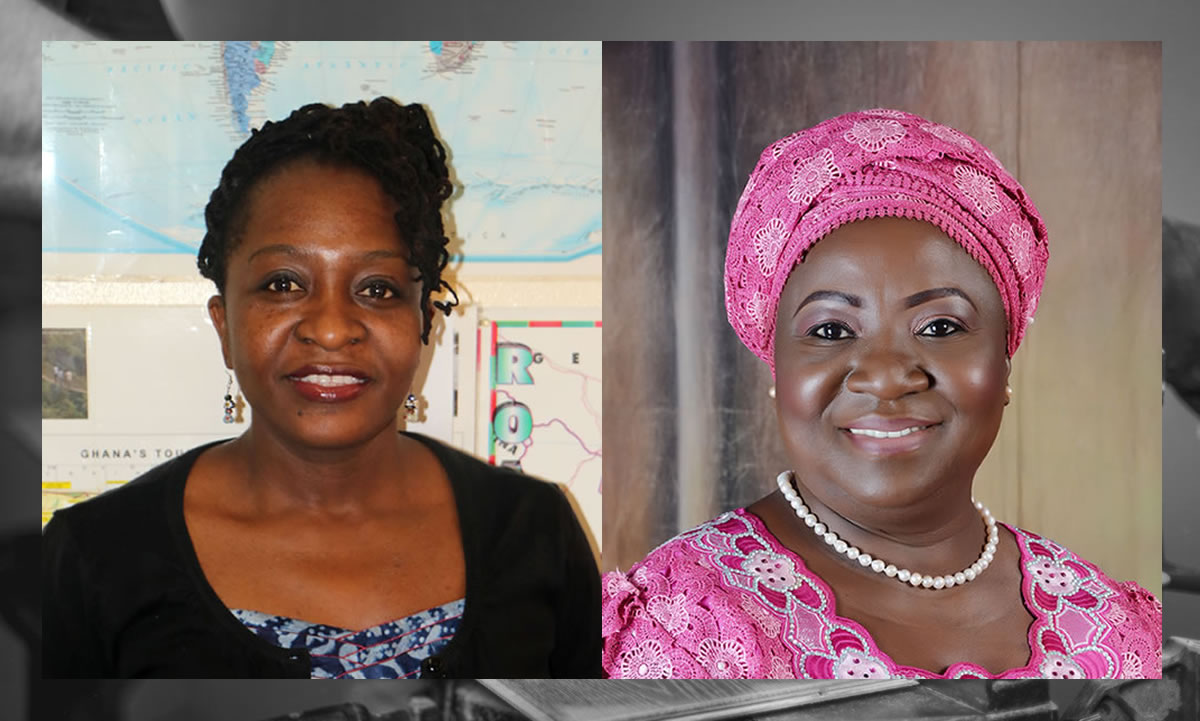Implementation Science Scholars participate in a technical session during the 5th Nigerian Implementation Science Alliance conference in Abuja, Nigeria.
CAWISA Team Members and Collaborators Awarded NIH Training Grant
CAWISA Lead, Dr Nadia Sam-Agudu facilitating a training
CAWISA Receives Year 2 FOGARTY Funding
The Central and West African Implementation Science Alliance (CAWISA) has received its second round of funding from the Fogarty International Center at the US National Institutes of Health.
CAWISA to Develop IS Career Development Toolkit
The Central and West African Implementation Science Alliance (CAWISA) is set to implement the University of Maryland Baltimore President’s Global Impact Fund for initiatives in developing cross-campus and international collaboration.




